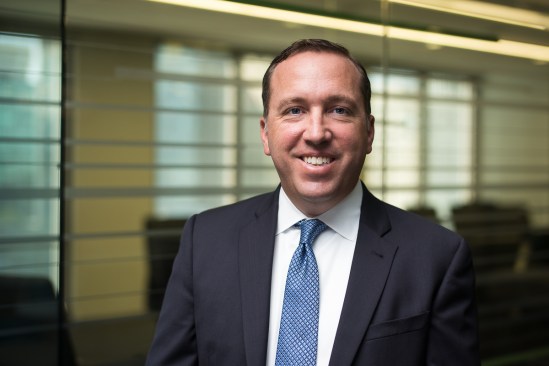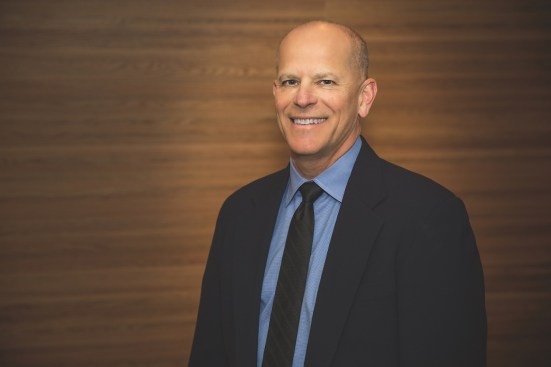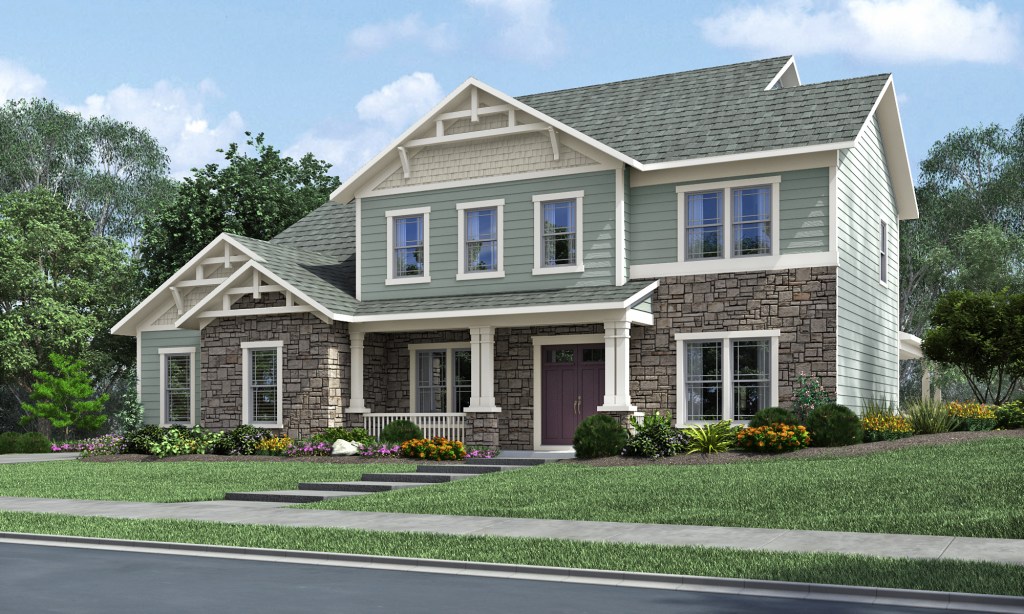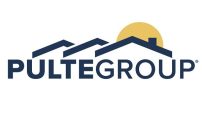In its 50-plus-year history, Crescent Communities has built homes for thousands of families—families who rented apartments, that is. It also has developed major commercial properties, and it has been developing land and selling lots to home builders for decades. It has never, however, built a for-sale, single-family house.
Until now.
About 19 months ago, Crescent executives floated the idea of holding back a portion of its lots and using them to get into the single-family business. In February, it launched Fielding Homes, also based in Charlotte, and officially waded into the already-crowded pool of home builders.
There was some home building experience on the Crescent team, says Andy Carmody, president of its residential division, but not much. He admits the company initially lacked “core expertise” in the field. That changed early last year when Scott Widener, a 25-year industry veteran who most recently owned SC Investments & Consulting, was brought in as Fielding’s executive vice president; Steve Francis, from Standard Pacific Homes, joined the team as division president; and Jumana Kayed, formerly of D.R. Horton, became vice president of sales.

Andy Carmody
Out in Front
The first thing any builder needs is land to build on, preferably in a place where prospective home buyers might want to live. Thanks to Crescent’s vast land positions across Charlotte and beyond, Fielding had ready access to developed lots.
The second thing any builder needs is capital. Again, Crescent came through.
“We didn’t have to go out and find lot positions and raise money,” Carmody says. “We had two of the key elements already in hand and it was a matter of deploying that land and setting up the capital into the business … not that it was easy, but we had a leg up.”
With Crescent’s reputation in the area, Widener adds, he was able to hire a strong team quickly to get marketing studies completed and create designs for a variety of lot sizes. “We want to be authentic to the local community and design homes around the home buyers and not just thrust what we think the market wants,” he says.
Adding a home building unit to the mix gives Crescent more revenue streams and helps grow the business, Carmody says. Another advantage is that from its decades in the multifamily industry, the firm knows what young people want in a living space, he adds.
“We’re learning about the millennial renter and the millennial’s desires, wants, and demands early in the cycle before they become buyers, and we’re beginning to shape what we’re doing in our single-family business based on what is successful in our multifamily business,” Carmody says.
Familiar Territory
In addition to land and capital, a builder also needs a market in which to operate. Fielding was born in Charlotte, and it is comfortable there. “It’s where we have substantial land positions and vast relationships and knowledge of the markets, and what works here,” Carmody says. “It’s a logical starting point for us.”
Jay Colvin, Metrostudy regional director for the Carolinas, says Fielding’s game plan makes sense. “It’s not like they don’t know the markets they are going to build in, and that is usually the biggest issue when a ‘new’ builder enters a market,” he explains.

Scott Widener
The plan is for Crescent to develop the land as usual and then for Fielding to be one of several builders to work on site. Carmody says the current objective is for Fielding to build on 25% to 50% of lots in a given community. Crescent intends “to continue to be master planned community developers,” he says. “That’s a business we like and know well. Our intent is to roll out Fielding Homes in a portion of the lots in each of our communities over time. So instead of selling lots to four builders, it might be two or three.”
First up are four communities in the Charlotte metro area, including Masons Bend (about 600 lots), in which Fielding’s first four models are now under construction. Paddlers Cove (about 400 lots) started construction in May and Chapel Cove (less than 100 lots) will follow suit this summer. River District, the major project just west of the city’s airport, will feature more than 1,000 residential lots, and office and retail space. It will start construction in 2018. “We plan and design and labor over creating a community in authentic and sought-after places for people to live, with home building we’re able to finish that execution on a part of the lots,” Carmody says.
After the Launch
Fielding expects to deliver about 10 homes this year, Carmody says, with plans to increase to more than 100 in 2017. In 2019 and 2020, the aim will be to deliver 400 to 500 homes in North Carolina alone. “These master planned communities are bigger, long-term projects so we don’t know what we’ll be doing in years five through eight,” he says. “We have a plan, but it evolves phase by phase and as the market changes.”
Entry-level homes do not factor into its strategy. “The way we believe we will fit in is by delivering a home that is consistent with our approach in master planned communities,” Carmody notes, “which is thoughtfully designed, authentic to our local communities, and generally a higher quality level—that sought-after move-up home.”
From Charlotte, Fielding will expand to Raleigh, N.C., later this year before potentially moving into other states. Carmody says the company is eyeing Nashville, Tenn., and Orlando, Fla., but adds that there are no firm plans to enter those markets.



